
La salida de Estados Unidos de Afganistán entrega este país al régimen Talibán, con su extrema visión de la Sharía, lo que producirá cambios que vaticinan inestabilidad y conflicto interno. Sin embargo, esta inestabilidad también afectará el entorno regional, lo que ha llevado a los países vecinos y potencias regionales a preparar sus estrategias tendientes a enfrentar esta amenaza u oportunidad.
The US exit from Afghanistan yield control of the country to the Taliban, a regime with an extreme vision of the Shari'a, which will produce changes that foresees instability and internal conflict. However, this instability will also affect the region, which has led neighboring countries and regional powers to elaborate their strategies to face this coming threat or opportunity.
It is difficult to accept that such an expensive effort in lives and resources would bring Afghanistan to a situation prior to September-11. And more so, considering the vast asymmetry between both opponents; the world´s most powerful armed forces, assisted by allies of the most influential Western democracies, against a group of primitive armed tribes, inorganically grouped under the Sunni Islamist theocratic movement, known as the Taliban. So, after 20 years of fighting the longest war in U.S. history, the images from Kabul are reminiscent of the 1975 evacuation of Saigon, in what can only be described as a defeat.
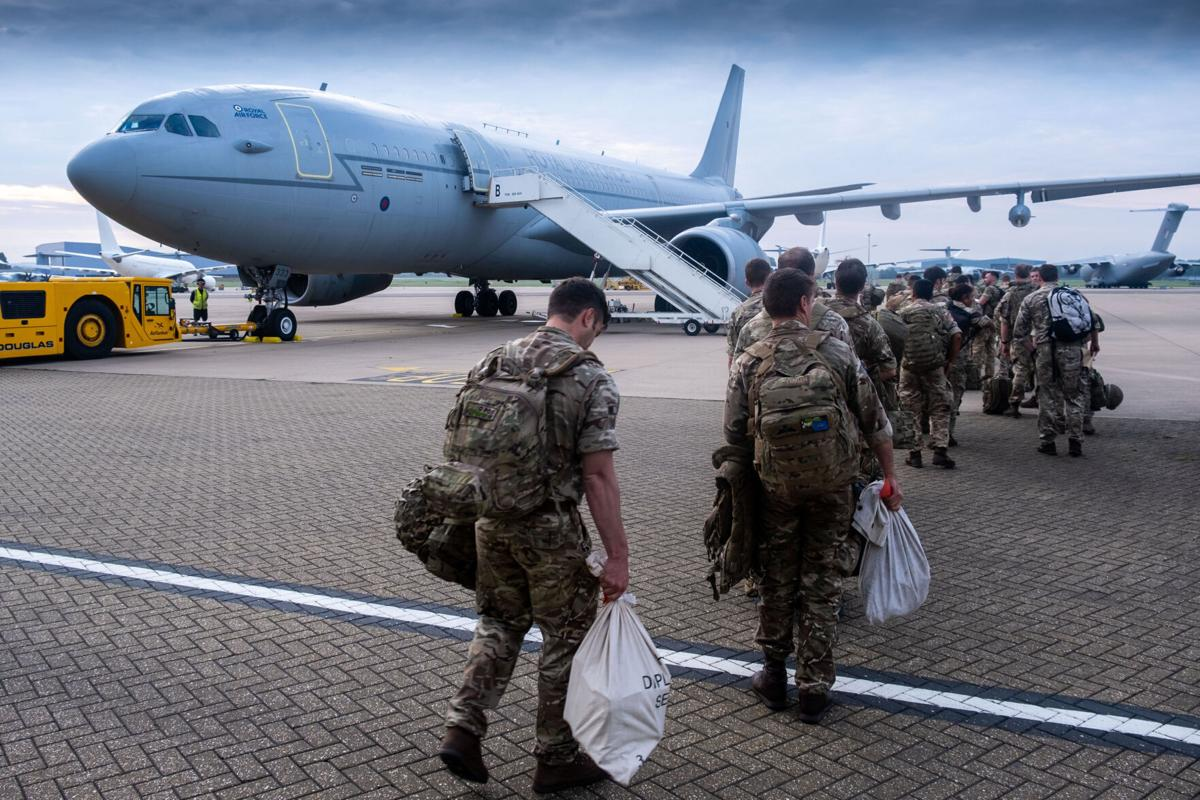
In 2001, President George W. Bush responded to the terrorist attack on the World Trade Center and the Pentagon, by launching what he referred to as Global War on Terror. The first objective was to overthrow the fundamentalist Taliban government in Afghanistan, and consequently eliminate Al Qaeda´s sanctuary and its leader, the Saudi Osama bin Laden. Many critics point out that the invasion in Afghanistan never had the intention of supporting the interests and freedoms of the Afghan people, but rather to destroy a fundamentalist regime which, by harboring groups such as Al Qaeda, affected the security of the West. Sure enough, of the fifty countries that operated in military operations in this Asian country, 39 are European or US allies.
The defeat in Afghanistan has various causes, military and political, some of them foreseeable, others not so much. The consequences of such a complete failure should concern us now. As former National Security Advisor General H. R. McMaster noted, Afghanistan is a “humanity problem on a modern-day frontier between barbarism and civilization" (McKinley, 2021). Although it is still early for an in-depth analysis, it is interesting to see what the situation is for the neighboring countries of this troubled land.
The U.S. withdrawal from Afghanistan, handing over the country to the Taliban, leaves an unexpected power vacuum in the region that some analysts predict both Russia and China will eagerly rush in to fill. However, this may not be so obvious. The disastrous Soviet experience during most of the 1980s remains in the collective memory of both Afghans and Russians, who still compete in denouncing tremendous atrocities committed during that conflict. China, on the other hand, is increasingly being questioned over its mishandling of the Uighur Islamic minority in Xinjiang province, which is certainly not to the liking of the new Afghan authorities.
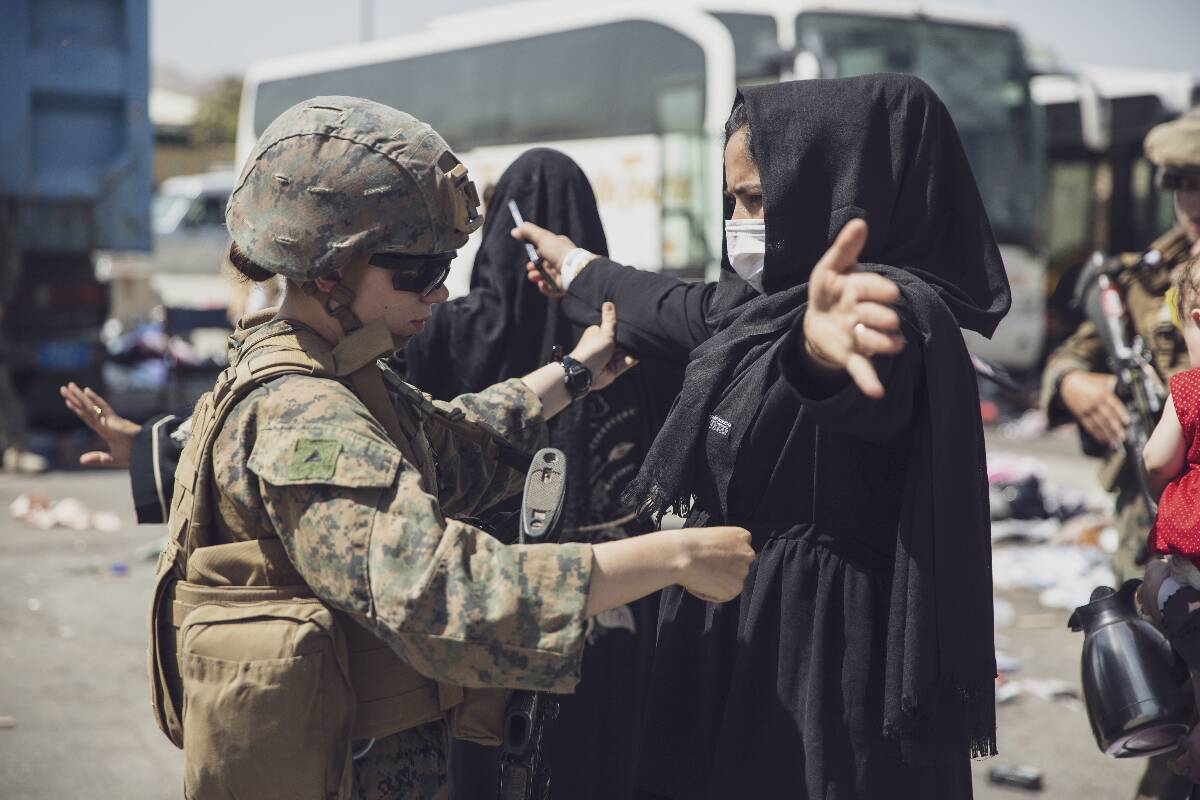
Afghanistan is a mountainous, landlock country at the crossroads of Western Asia, Southern and Central Asia. It borders with Iran for 921 kilometers (km), Pakistan for 2670 km, Tajikistan for 1357 km, Turkmenistan for 804 km, Uzbekistan for 144 km and lastly, a small and steep border of 91 km with China, which connects with the sensitive regions of Nepal and Xinjiang (Central Intelligence Agency, 2021).
Due to the frequent friction between East and West, this prominent geographical position, as a bridge between Asia and Europe, has affected Afghanistan with a history of conflicts from empire-building nations. Thus, while Western countries are reluctant to recognize the new Afghan government, the regional powers of China, Russia, Iran, and Pakistan have kept their embassies operating normally in Kabul and initiated rapprochements with the Taliban leadership (The Times of India, 2021).
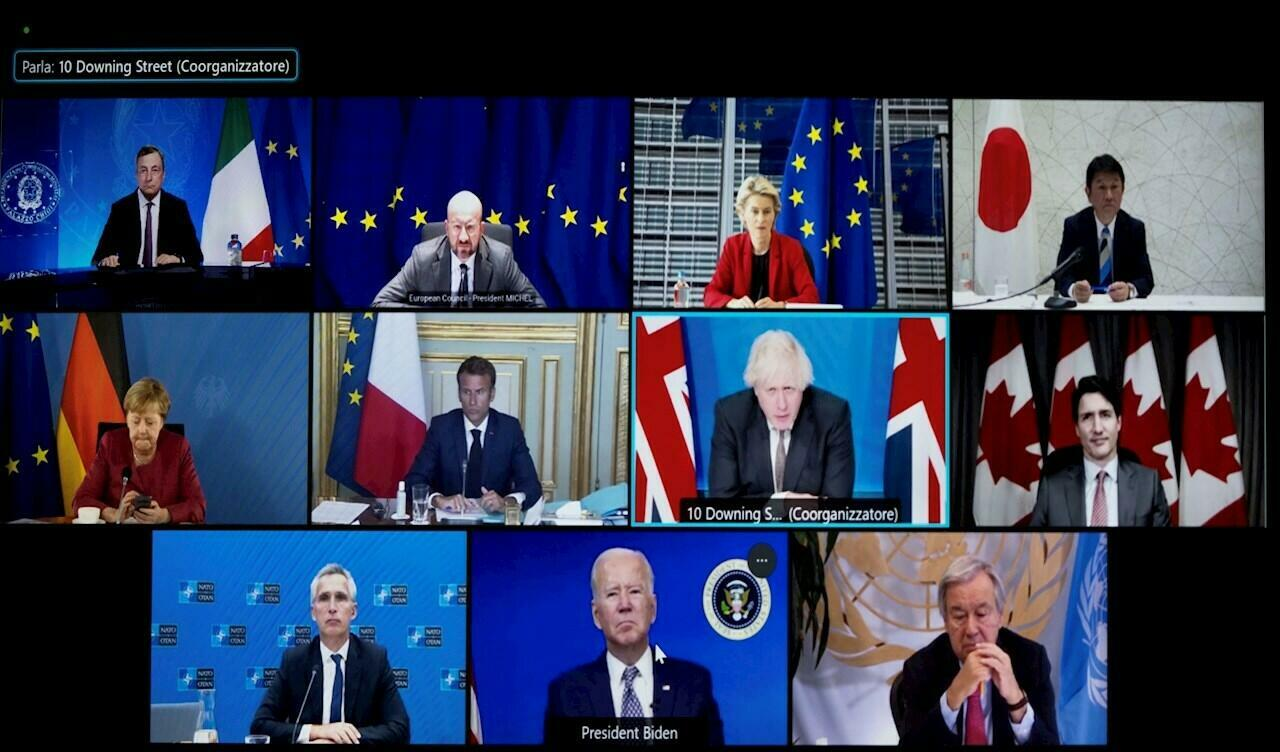
The impact of the return of a Taliban government in Afghanistan can be examined in relation to the major regional powers:
There are important links between the Taliban and Pakistan. The first and strongest is that for both sides, the predominant ethnic group is the Pashtun, with whom they also share the Sunni branch of the Islamic faith. Thereby, since the beginning of this conflict, Pakistan has maintained a two-faced attitude. On the one hand, it supported the United States and its allies to gain access to Afghan territory and, on the other hand, since long before the start of the conflict, it has kept a covert support to the Taliban, mainly through its main intelligence service, the Inter-Services Intelligence, (ISI).
Pakistan's ambiguity is paradoxical and somewhat shameless. It has openly endorsed the US-driven war on terror, and yet, Prime Minister Imran Khan, after the Taliban takeover, celebrated the Afghan people breaking the "shackles of slavery" (The Times of India, 2021).
However, in this relationship not all the dice are loaded to one side. The Taliban´s victory could prove problematic for Pakistan in a region as tumultuous as this one, where no country can eliminate the existence of radical groups that find motivation, safe-haven, and support in the new Afghan authorities, enhancing their terrorist acts. In Pakistan, an example of this is the Tehrik-e-Taliban group. Active at least since 2007, they are known as the Pakistani Taliban, a jihadist organization responsible for the killing of thousands of Pakistani civilians and attacking the country's security forces (RUSI, 2021).
It is easy to predict that the exit of the US and other Western powers from the region can only rejoice the Iranian regime, so markedly anti-Western. However, the Taliban creates chaos in the region and may increase the migration movement towards its neighbors, where Iran has been the shelter of the persecuted Hazara ethnic group, a Persian-speaking Shi´ite minority, which represents between 10% and 20% of Afghanistan's total population.
Despite this, Iran's behavior seems to indicate that in its decisions, it prevails the geopolitical expediency of driving Western powers out of the region over religious concordance and protection of its like-minded ethnicities. In fact, U.S. officials have repeatedly claimed that Iran, specifically the Islamic Revolutionary Guard Corp (IRGC), provided financial and military support to the Taliban. According to political scientist Seth Jones, Iran's Quds Force clandestinely supported militias and political groups in the region to promote Iranian interests (BBC News World, 2021) boosted by shared hostility toward Western powers such as the United States and the United Kingdom. Nevertheless, having accomplished the objective of removing Westerners from the region, the Sunni-Shiite rivalry may once again confront these regimes of marked fundamentalist tendencies.
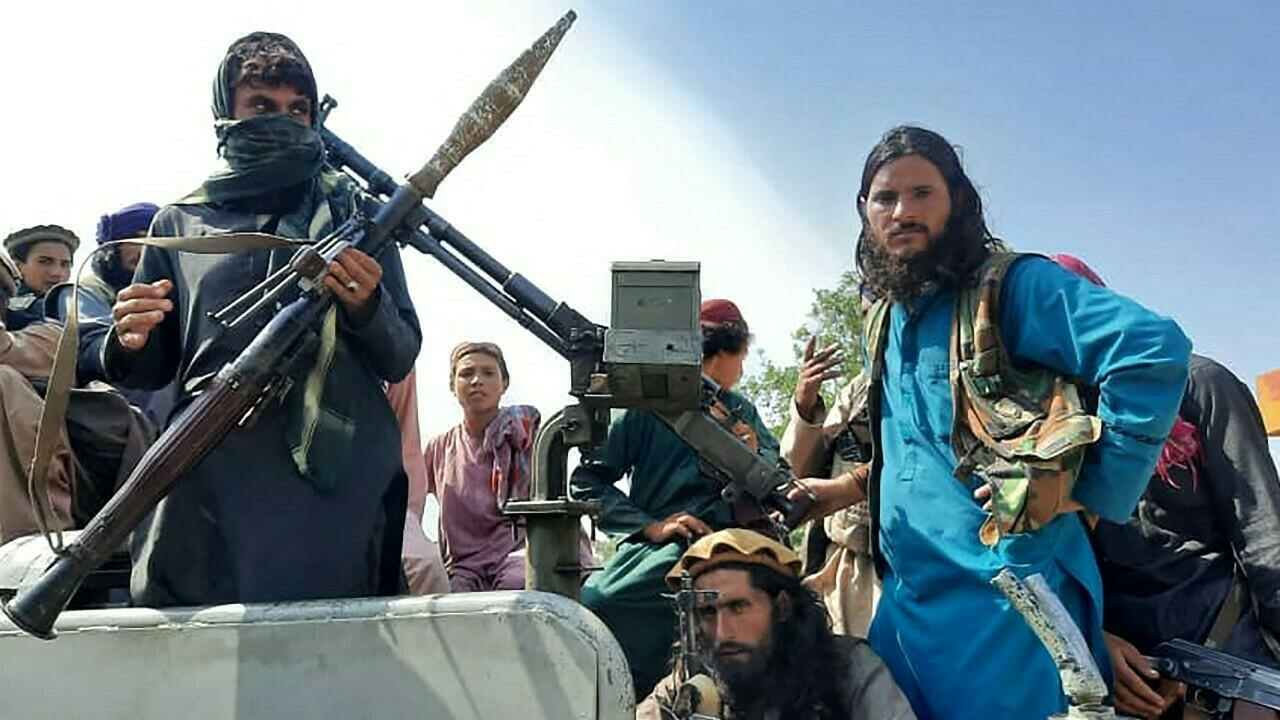
The Afghanistan-Taliban-China relationship has religious, political, and economic elements.
The Wakhan corridor, was initially created to separate the British and Russian Empires in the 19th century. Although a narrow, mountainous, and of difficult access, is an entry point to Xinjiang that may boost instability in that vast region of China. Beijing has been accused of abuses against the Uyghur Muslim population which could encourage the collaboration of the theocratic Taliban regime to support Central Asian independence movements.
As a counterargument, the Taliban regime is dominated by the Pashtun ethnic group, closely linked to Pakistan, which in turn has strong ties with China, a country with which it has enthusiastically approached the Belt and Road Initiative (BRI), with the purpose of expanding this route to better serve Afghanistan.
Also, China has been quick to state its intentions to strengthen relations with the new government of Afghanistan, offering its "friendly cooperation" for the rebuilding of the country, in line with the objectives of the BRI. However, some eyewitnesses see this Chinese intention only as a good neighborly intent to the Taliban to prevent Islamic extremism from thriving in Xinjiang (Ng, 2021).
There is no doubt that Chinese investment could be highly beneficial for the ailing Afghan economy, but it is still too early to guess what will be the priorities of a Taliban government with its extreme vision of reality: Will they opt for a pragmatic relationship with China? Or will they seek to support the aspirations of the Uyghur ethnic group, with whom they share the Islamic faith? In this sense, Chinese diplomacy has been very active and already in July of this year, Chinese Foreign Minister Wang Yi met with the head of the Taliban political commission, Mullah Abdul Ghani Baradar. This was a pragmatic move that would seek to negotiate security in their territory in exchange for investment and validation, which would eventually create dependence.
Politically, China did not miss the opportunity to use this American fiasco as a warning to Taiwan, considering the fragility of an alliance in which the United States abandoned the Afghans to their fate (Tenorio, 2021).
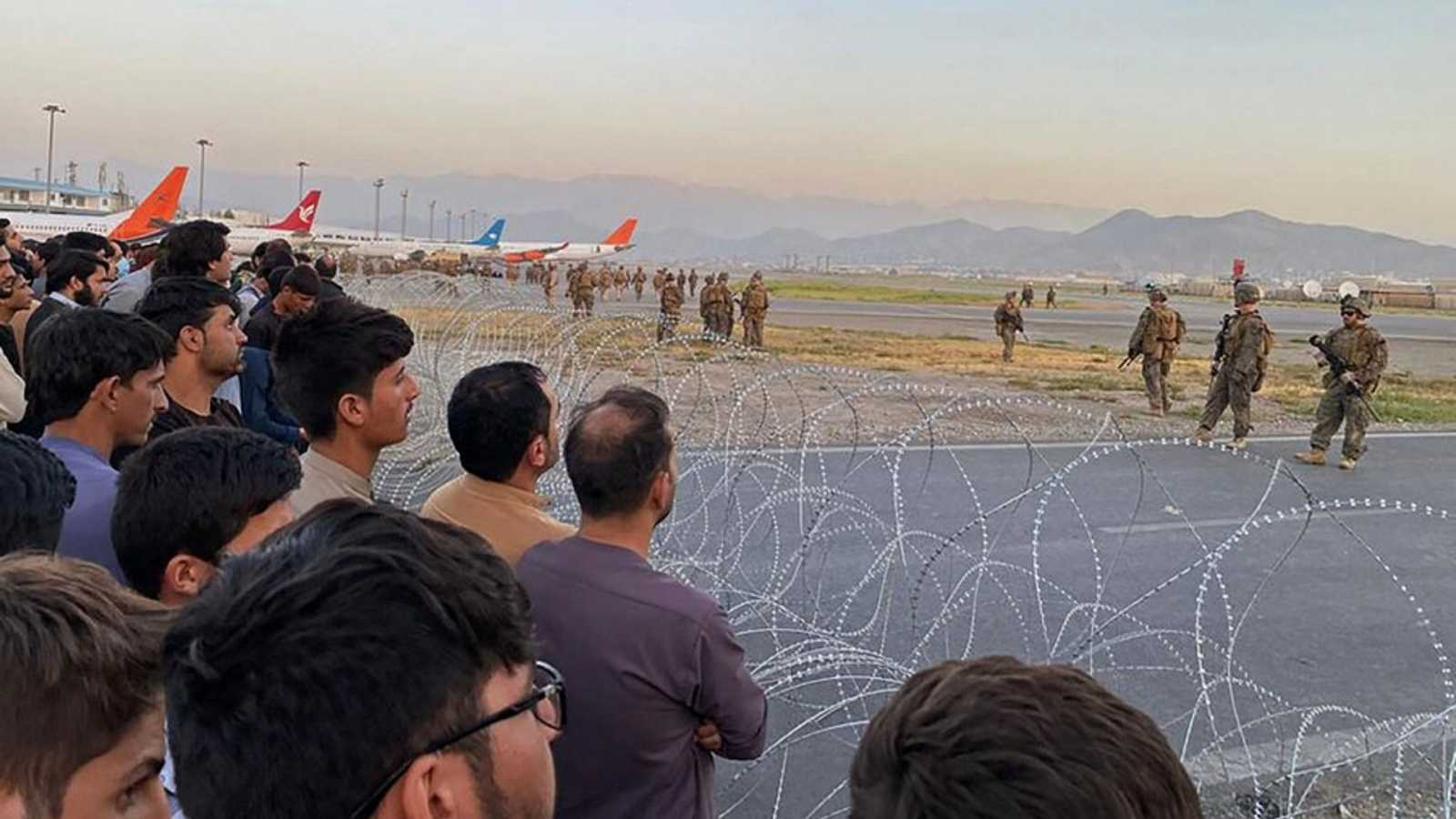
Russia is another country that could be happy with failure the United States and her allies, considering the effects this may have on global leadership and the influence of the American power. President Putin has been quick to highlight the US fiasco in this protracted war as a sign of decline as a world leader. Like China, the US desertion of the Afghans is signaled by Putin as a warning to Ukraine. (EMOL, 2021)
In the regional context, Russia sustains a strong military presence and political influence in the Central Asian republics that were once part of the Soviet Union. In some areas there are radical groups that threaten the stability of these countries, which could be urged to intensify their actions, repeating the harsh scenarios of the Chechen wars. Faced with this, President Putin assured that Russia learned the lesson from the Soviet intervention of the 1980s and therefore, will not intervene in Afghanistan's internal affairs (El Mercurio, 2021); however, to counter the risk of instability on its borders, Moscow has maintained regular contacts with Taliban leaders who are believed to have been assisted with resources and probably also with intelligence (BBC News World, 2021).
Taliban leaders have hinted that they will exercise their country´s authority with containment - a Taliban 2.0? It seems difficult that a group united amid such a rigid interpretation of its sacred scriptures, dictated by Allah, can now bypass those holy designs to develop less repulsive policies to the Western liking. It is likely that in the process of instatement in power, there will be some easing, with a certain pragmatism that will allow placating its regional environment, in order to resume fundamentalism as soon as the international arena calms down, in an appropriate level of security. This puts pressure not only on its neighbors, but also on the Western powers, given the history of Taliban support to terrorist groups in Europe and other countries controlled by "infidels".
As for the criticism of Western intervention on a society attached to different values, it is worth remembering that, while some demand fairness and get entangled in an meaningless language they call inclusive, they have not stopped to see that to a large extent, the motivation of every soldier in 20 years of war was to allow Afghan women to show their faces if they wanted to, and also the ability to study what they chose, as a reflection of Western most priceless value: Freedom. Recalling the words of General H. R. McMaster, the barbarism that horrifies the West has everything to do with the treatment of women. Since in Western society we have agreed that there is no difference in values between men and women, attacking them is to act against humanity.
In a society as fragmented as the Afghan, chaos does not suit anyone and the chances of returning to a condition of internal confrontation or civil war are high, more so when a good part of their population gain access to a world of knowledge that most likely will not be permitted by the Taliban, generating expectations that can only be fulfilled under a different regime.
As already mentioned, the most important motivation of the Taliban was the removal of the US and its allies from the region, and consecuently underminig its international influence. For that, they received support from different sources. Now that this goal has been achieved, it remains to be seen how the regional powers will confront their relationship with the Taliban. This will be subject to what the new afghan authorities do to generate stability within the country, if indeed there is a Taliban 2.0. The political, but mainly religious differences with all its neighbors predict a turbulent future, considering that it is not possible to identify a regional power with the capacity to defy a nation with Afghanistan's warlike history.
&&&&&&&&&&
LISTA DE REFERENCIAS:
En la actualidad, China se ha transformado en uno de los actores principales en el sistema internacional, desestabilizan...
La República Centroafricana proclamó su independencia en diciembre de 1958, siendo en la actualidad el segundo país más pobre del mundo y el séptimo con los mayores índices de delincuencia. Tras un estallido de violencia que destruyó instituciones estatales y dejó a la población sumida en una crisis humanitaria, el Consejo de Seguridad de Naciones Unidas autorizó una Misión de Apoyo Internacional dirigida por la Unión Africana; sin embargo, ante el aumento de la violencia y las violaciones a los DD.HH., el Consejo de Seguridad de N.U. autorizó el despliegue de la Misión Multidimensional Integrada de Estabilización de las Naciones Unidas en la República Centroafricana (MINUSCA), en la cual nuestro país participa con un oficial IM desde el año 2016.
Versión PDF
Año CXXXX, Volumen 143, Número 1009
Noviembre - Diciembre 2025
Inicie sesión con su cuenta de suscriptor para comentar.-